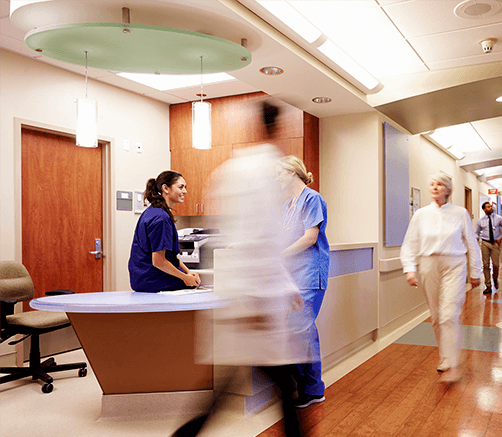Published on: 13 September 2024
All women that are 28 weeks pregnant or more are being offered the new, free, respiratory syncytial virus (RSV) vaccine to protect their babies from RSV. This very common viral illness affects the airways and lungs and can be serious for young babies and older adults.
Symptoms of RSV include a cough, sore throat, sneezing and a runny or blocked nose. It can also cause pneumonia and other life-threatening conditions in severe cases. To help protect newborn babies, health leaders in Herefordshire and Worcestershire urging all local pregnant women, to get vaccinated once they reach week 28 of their pregnancy.
Dr Will Taylor, Medical Director for NHS Herefordshire & Worcestershire says: “The vast majority of children will catch RSV before they reach two years of age because the virus spreads easily through coughs and sneezes, especially during autumn and winter. Although it typically causes mild, cold-like symptoms, in vulnerable infants it can lead to severe lung infections like pneumonia and infant bronchiolitis; and sadly, it is a leading cause of infant death.”
“Getting the single dose vaccine during each pregnancy is the best way to protect your baby from severe RSV. It reduces the risk of your child developing severe RSV lung disease by 70% in the first six months of life, when your baby is most at risk. The vaccine is safe for pregnant women to have from week 28 of pregnancy to maximise protection for the baby, but women can still get the vaccine up until they give birth.”
If you are currently pregnant there are several ways in which you can get the RSV vaccine this autumn, you can contact your midwife or your GP practice.
In the UK, RSV accounts for approximately 20,000 hospitalisations in children under 1 each year and is responsible for 20 to 30 infant deaths each year. The new vaccine offers huge opportunities to prevent severe illness in those most vulnerable to RSV, helping to protect lives and ease winter pressures for the NHS.
If you’re planning a pregnancy, or are currently pregnant, there are also other vaccines that are vital during pregnancy such as the whooping cough (pertussis), flu and Covid-19 vaccines. All these vaccines are safe and help to protect babies by passing immunity to them during pregnancy. Midwives or GP practices can provide a full list of recommended vaccines prior to and during pregnancy.
The RSV vaccination is available all year-round but as cases peak every winter around December, it’s important that those eligible take up the offer as soon as possible when invited by the NHS. Older adults aged 75 – 79 are also eligible for the RSV vaccine and will be contacted by their GP practice.

